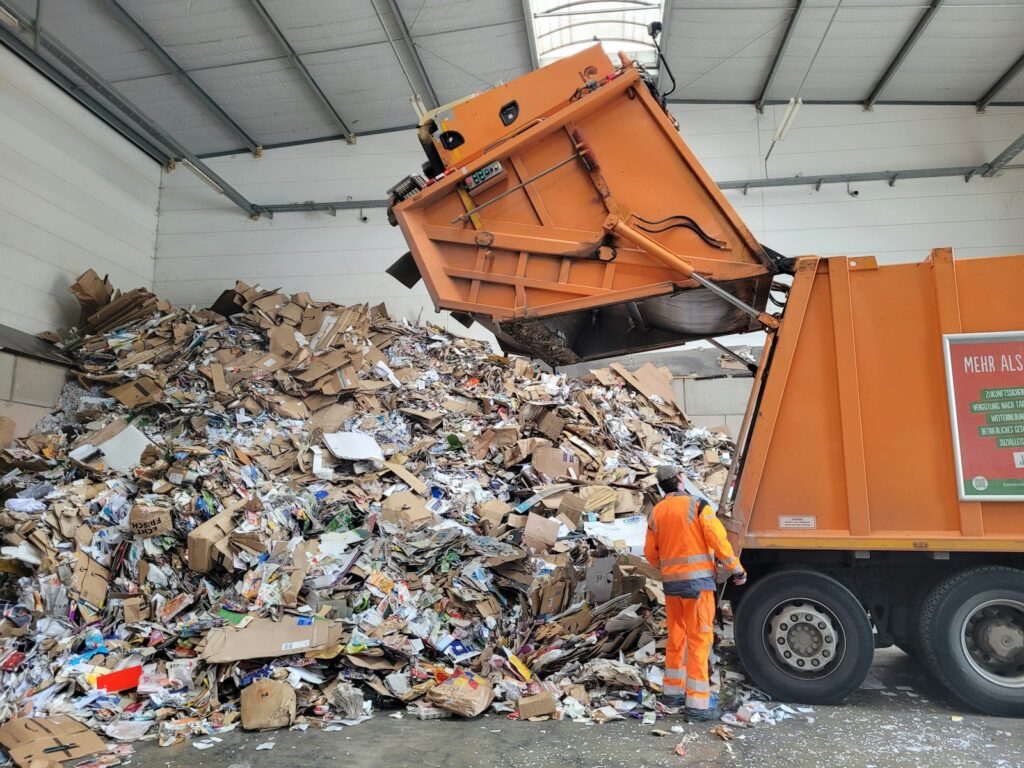Another date of observation dedicated to nature and our planet is here, but is it all just lip service?
Thursday 5th June marks World Environment Day. Now in its 52nd year, you’d think after more than half a century we’d see some improvement in how we treat Earth. But signs of progress are pretty thin on the ground.
Yes, policymakers have made some strides on emissions – still climbing, but slowing – and with it air pollution. We’re seeing biodiversity and nature restoration projects become commonplace, but only really because, in Britain at least, we have almost completely decimated our indigenous species.
In other areas, things are much more worrying and way more difficult to tackle. Picturing a carbon-free economy is challenging. But this year’s theme for World Environment Day is plastic pollution, and even trying to imagine a world free from the ‘everything everywhere material’ seems impossible.
Our latest feature on ocean plastics, published ahead of next week’s UN Ocean Conference, only emphasises how off-target we are when it comes to cleaning up our coastal areas and deep sea waters. Plastic pollution increased by 10% last year alone, and even as we upend industries and economies in the name of net zero, plastics could be responsible for around 19% of worldwide greenhouse gas emissions by 2040 as manufacturing continues to grow.
A recent study of British waters not only gave a full assessment of how fast the seas around our islands are heating – in some cases 3C year-on-year – but also laid bare the half-life of wonder materials with the discovery of a piece of Bakelite. The first plastic ever invented in 1907, and largely vanished from production lines by the mid-20th Century.
‘Circularity is key to addressing this, doing away with a ‘take-make-waste’ model in favour of resource preservation,’ Kelly Becker, President, UK & Ireland, Belgium & Netherlands at Schneider Electric, tell us. ‘For UK businesses, this presents a dual opportunity to meet climate goals while gaining a competitive edge.
‘By adopting circular practices like resource optimisation, material reuse and recycling, businesses can cut costs while boosting innovation, supply chain resilience, and transparency’ they continue. ‘In a more demanding policy and consumer landscape, circularity isn’t just about being sustainable, it’s about being strategic. ‘
Elsewhere red flags are being raised, again, over PFAS. Forever chemicals used in an endless list of products, services and sectors for an endless list of purposes, yesterday 150 medical professionals and chemicals experts issued an open letter to the European Commission, lobbying for a ban on PFAS within the healthcare sector.
Given many of these substances are highly toxic, with mounting evidence of links to cancers and other chronic and terminal illnesses, the fact PFAS are relied upon in hospitals, surgeries and other places built to treat the unwell and infirm only accentuates how fixed they are in daily life. Moving in any other direction is another mountainous task.
‘Using medical devices containing PFAS to treat patients is shortsighted, as we are creating more patients in the future due to the toxicity effects,’ says Dr. Gavin ten Tusscher, paediatrician at De Kinderpoli NH in the Netherlands, who signed the document. ‘Furthermore, the next generations will pay the cost for this with their health.’
The letter goes on to state its position with little room for confusion. Signatories ‘firmly reject the use of healthcare as a justification for inaction on the PFAS pollution crisis and the continued use of harmful forever chemicals’, stating that ‘the healthcare sector should not be used as an excuse for the continued PFAS use’.
Nevertheless, for the time being at least, admission onto a ward in countries such as Spain, Italy, Greece, Iceland, France, Finland, Belgium, Ireland, Germany, Sweden and the UK could mean exposure to PFAS. Whether that’s dry powder and F-gas based inhalers, or fluorinated anaesthetic gases. These substances are so ingrained even those lobbying for an end to their use in healthcare settings have proposed timeline for total removal of 13.5 years from today.
Elsewhere, others argue environmental conversations should focus on the need for new types of renewable fuels, and expanding research and development of existing options. Sugarcane is one. Although often considered resource intensive, the crop – commonplace in many parts of South America, including this year’s COP host country, Brazil – this natural plant can offer a slew of big benefits when produced responsibly.
‘Sugarcane is an important crop that the world enjoys, and many depend on it for their livelihoods, but we must transform how it is grown,’says Danielle Morley, CEO of Bonscuro, a global non-profit, multi-stakeholder governance group promoting sustainable sugar cane. ‘We call on the entire sugarcane sector to step up efforts to protect nature, act on climate, and respect for human rights and to build a more resilient, sustainable future.’
The point is, on the 52nd World Environment Day, there should only be one priority. It’s time to change our tune and flip the scrip having spent the past 51 years failing to really get the message across. Everything from how our health system works, to the packaging we buy food in, and the way we power the operations that produce and distribute resources is a cause for concern. The list of urgent changes is long and overwhelming. But dealing with any of this must start with putting an end to lip service and engaging in genuinely meaningful conversations, while there’s still time.
Image: Ivan Bandura / Unsplash
More Waste, Pollution and Recycling:
Local authorities can save millions with brownfield restoration biochar treatment


















